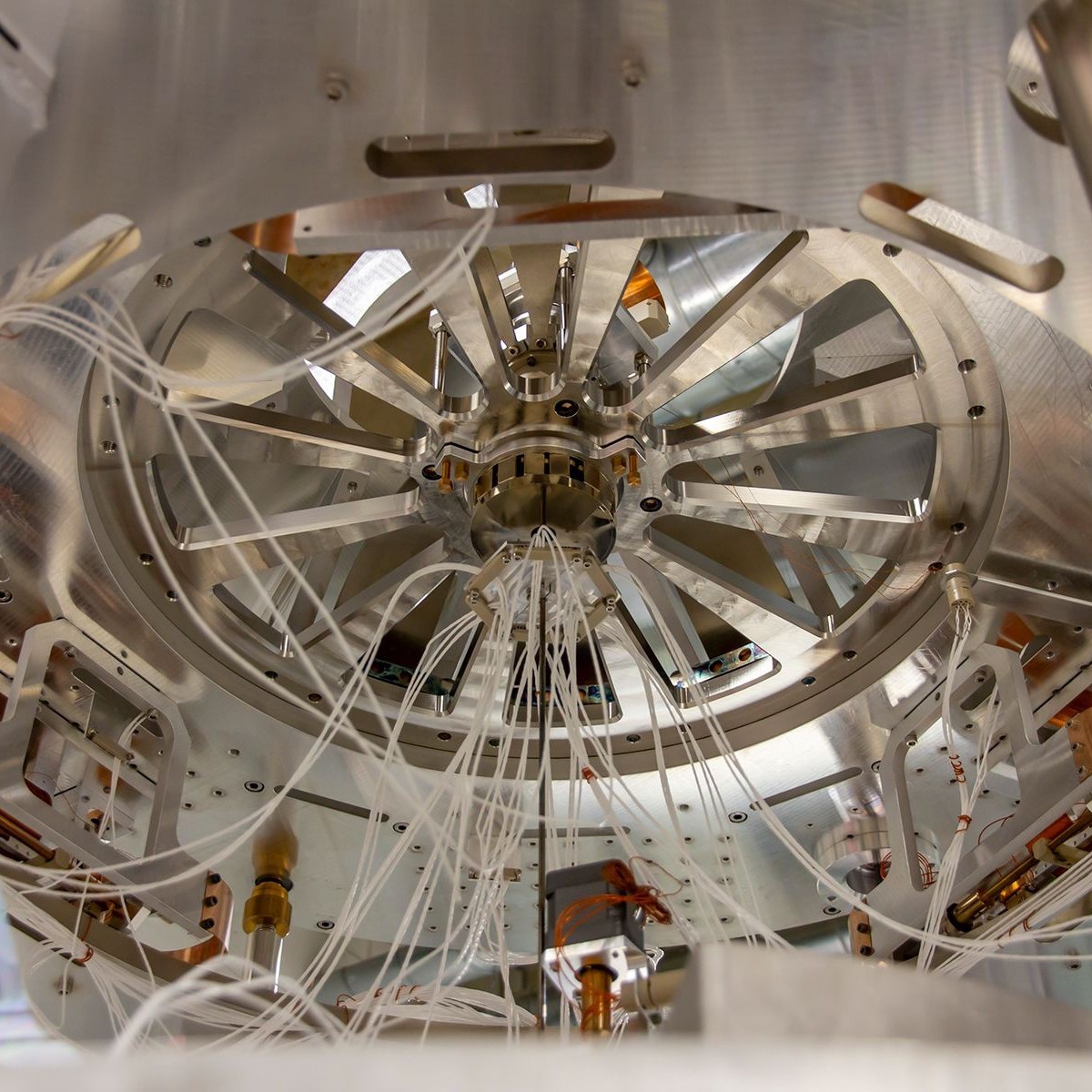SENVIDET - Sensor Engineering for Noise and Vibration Isolation and Damping in Einstein Telescope
Participating countries
Duration and status
In progress.
Partners
Demcon High Tech Systems Delft
Innoseis Technologies
Nikhef
Quantified Air (QA)
Somni Solutions
VSL
Associate partners
Budget
Funding: € 1.4 million
Program and en domain
Domain: Vibration damping
Problem Statement
Noise is a major source of distortions in the signals from laser interferometers such as the Einstein Telescope. Noise can be introduced by, for example, ground vibrations or components that align the interferometer system. The observation band of gravitational waves in the ET is stretched to a minimum of 3 Hz where for current generation interferometers such as LIGO and VIRGO it is 10Hz-10kHz. This requires performance enhancement of state-of-the-art low-frequency vibration isolation techniques. Suppression of the motion of the core optics of the detector must take place down to the nanometer level, appropriate sensorics must be developed for this.
Objective
Development of two types of sensors for application at room temperature:
- Inertial rotation sensors that measure angular rotation at the sub-picometer level
- Displacement/vibration sensors that can measure distance at sub-nanometer level between two objects at a distance of up to 100 meters.
Description of innovation.
A new generation of inertial rotation sensors and interferometric distance sensors will be developed. By combining individual expertise of different sensor technologies, SENVIDET aims to meet the requirements. The goal is to suppress a "wall of noise" that enables measurements of gravitational waves around 3 Hz. To achieve the intended improvement, interferometric readout is the essential ingredient. Performance will be demonstrated with experimental setups.
- Rugged, compact, cost-effective, extremely sensitive inertial rotation sensors that measure angular rotation at the sub-picometer level
- Rugged, cost-effective, reliable relative displacement sensors that can measure displacement and/or vibration between two objects from a distance of 10 to about 100 meters at the sub-nanometer level.

